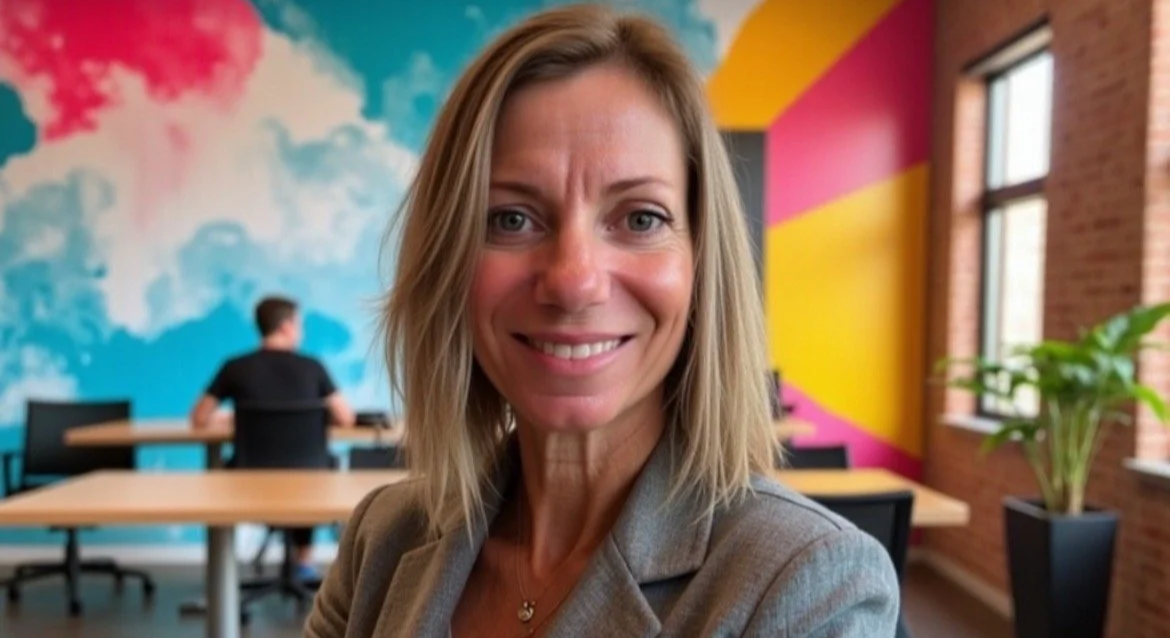
Blog & Videos

VIDEOS
Visit My YouTube Channel
Find practical tips, answers to common questions, and insights into neurodiversity through my growing collection of focused videos. Perfect for parents and educators looking to deepen their understanding in bite-sized pieces.
The NeuroThrive Blog
Every request, expectation, or demand placed on a child requires nervous system energy. So does transitioning, tolerating discomfort, managing sensory input, navigating friendships, masking through the school day, and holding it together in public.
When things start to escalate, a powerful question to ask yourself is: Is this a teaching moment — or a regulation moment?
For neurodivergent children — especially autistic children and those with PDA profiles — perceived loss of autonomy can feel genuinely threatening. Once that threat response is activated, the parts of the brain responsible for flexibility, reasoning, and learning simply aren’t available.
If your child avoids challenges or crumbles quickly, it doesn’t mean they need tougher expectations. It often means they need more experiences of safe struggle, held by a calm adult who believes in their capacity before they do.
If your child shuts down easily, avoids challenges, or clings tightly, it doesn’t mean you’re doing too much — or that they’re doing too little. It often means their nervous system is asking for more safety before more stretch.
If you grew up being judged harshly, you might now feel hypersensitive to the judgment of other parents, teachers, or strangers. When your child behaves in a way that draws attention, it might light up that old story: “I’m not good enough. I’m failing. They’re thinking I’m a bad parent.”
We don’t grow kids by fast-tracking them.
We grow them by meeting them where they are—and giving them the time, space, and nervous system safety to actually absorb what they’re learning.
Children drown in shame after losing control.
Many of the kids I work with describe their meltdowns as terrifying, humiliating, and something they desperately want to stop—but can’t.
Think about it: we don’t just say, “Here’s a salad. Don’t ever eat chips again.”
We talk about balance. We experiment. We notice how different foods make us feel. We screw it up. And we try again.
Hard moments are part of the deal. The big feelings, the sensory overload, the collision of competing needs. It’s chaos. And you’re not broken because it feels hard.
We often try to ‘control’ our own mindset to be calm, receptive and engaging with our kids – suppressing our own needs bubbling under the surface. We can only maintain this level of self-control for so long….and then we blow. As do our kids.
Just because we don’t find something stressful, doesn’t mean our kids experience it in that same way. Their behaviour is all they have to let us know how hard things are for them.
The rule is that when we slow down with our kids, we create opportunity for development to speed up and our children to thrive. Assume competence. Give them room to think.
Family meals and how they run require the unpacking of a very strongly ingrained value in most families. When looking at it through the lens of understanding and respecting neurodiversity, there is a lot more to consider.
For autistic children, who often experience sensory sensitivities and difficulties with regulation, proprioceptive input—activities that stimulate this sense—can be a game-changer.
When the brain does not receive coherent messages from the vestibular system, it wreaks havoc. Having over or under-registration in this sensory modality can look like a child that won’t move or try new things and always needs their feet on the ground to a child who takes extreme risks through their movement and can’t ever sit still.
Raising an intrinsically motivated child has been a priority for me even before I had Lily. I wanted my child, one day, to be driven by an internal desire to learn, be kind, have social responsibility, and succeed in life.
We often have many great ideas to try with our kids – ways in which to support their learning, sensory regulation strategies or executive function habits.
They will then often, in turn, present us with resistance!
I often hear about kids showing up with resistance and get asked for strategies we may use to support them through it. Today I want to take that concept a step further and look at, whether some of our obstacles as parents may be at the root of this resistance.
Science/Research on earliest brain development shows clearly that growth and development is fostered in predictability and consistency in daily life. We know that stability and boundaries give children freedom to learn, be creative and thrive. Rhythm provides children with a feeling of safety, a feeling of containment in which their imagination and energy can flourish.
5 Things Every Parent Should Know After an Autism Diagnosis
Get Instant Access to the Free 5-Part Video Series

When your child receives an autism diagnosis, you're bound to feel overwhelmed, and perhaps even a bit scared.
This free video series will help you get clarity and feel confident on your path forward. This free 5-part class includes topics such as:
The most important first step
2 things you need to keep afloat
The critical shift needed to manage behaviors
Everything you need to know to get support
The school advocacy help you needed yesterday





















